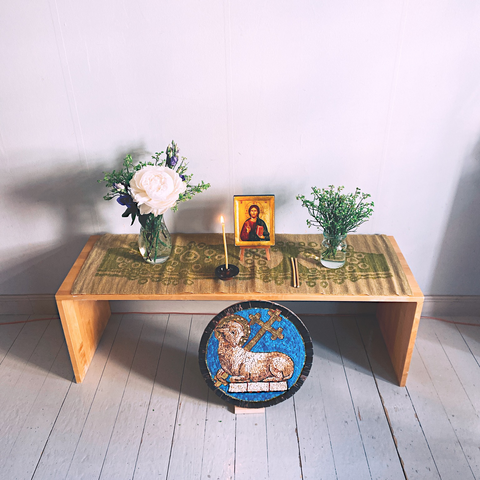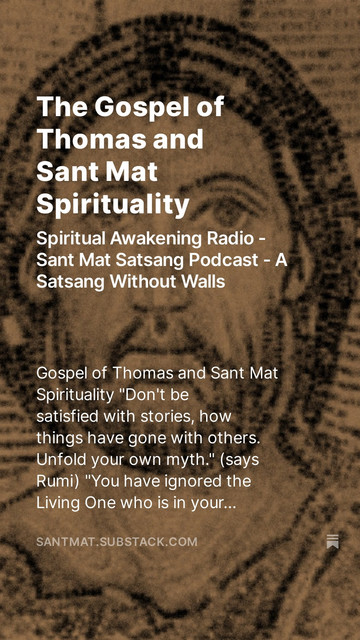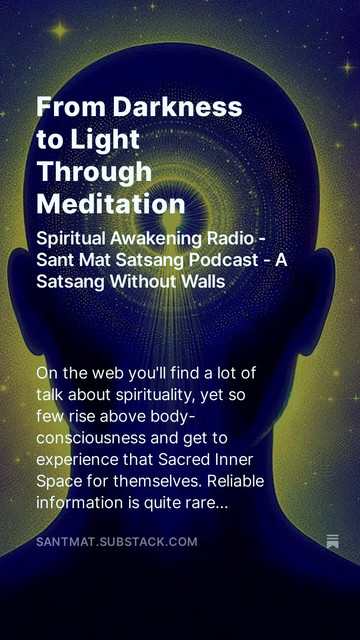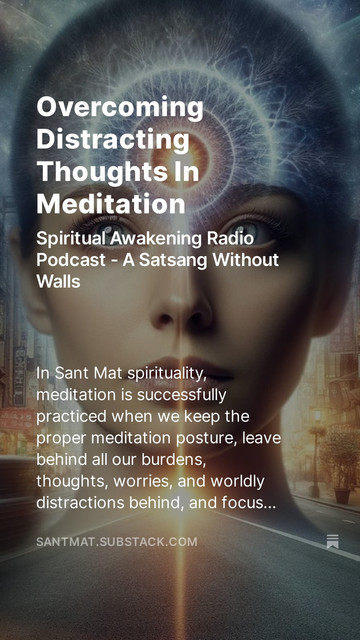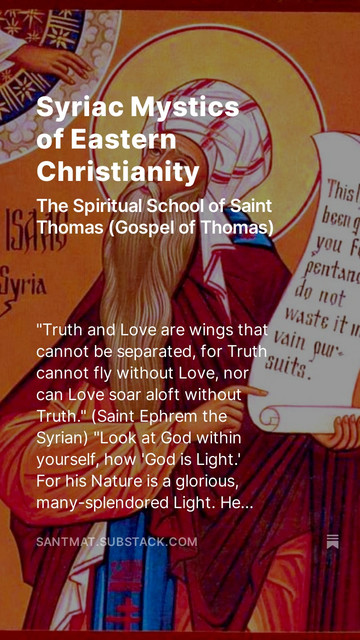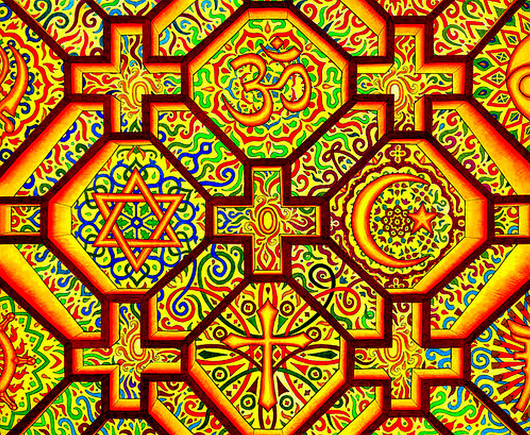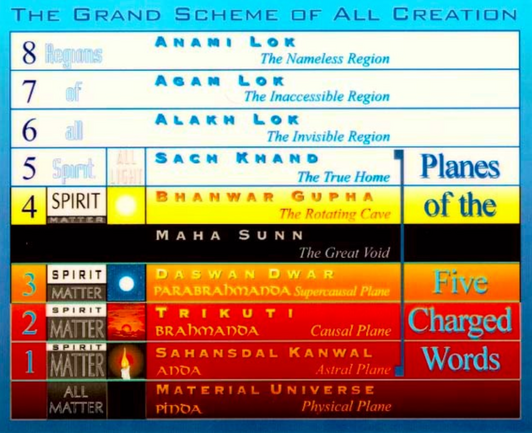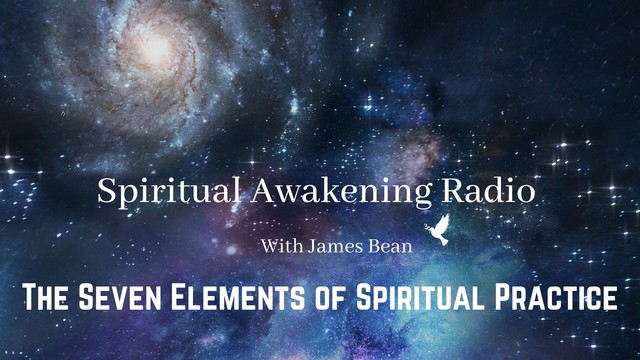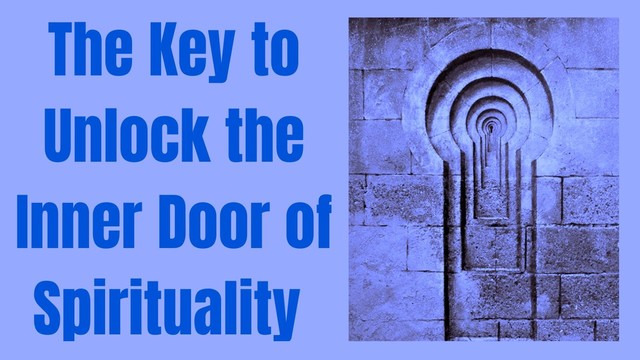Experiencing Prayer as a Profound Connection with the Divine
Introduction
In many religious traditions, prayer is often perceived as a means of making requests or interceding on behalf of others. Yet, a deeper understanding of prayer reveals it as a profound opportunity for communion with the Divine. This post explores how we can transform our approach to prayer from one of mere requests to a rich, personal connection with God, drawing from various spiritual traditions.
Exploring Contemplative Practices
Contemplative prayer, practiced in Christianity and other traditions, focuses on fostering an intimate connection with the Divine. In Christianity, contemplative prayer invites believers into a space of stillness and receptivity. For instance, the use of repetitive phrases like “Maranatha” helps to open one’s heart to God’s presence, moving beyond mere supplications to a deeper, more personal engagement.
Similarly, in Buddhism, practices such as Shikantaza, or “Just Sitting,” and Shamatha, or “Calm-Abiding,” cultivate mental clarity and a direct experience of the divine in the present moment. Shikantaza encourages a state of pure awareness, where one simply exists without distraction, while Shamatha develops stability and focus, paving the way for a deeper spiritual connection.
Jewish mystical traditions also contribute to this understanding. Practices like Bittul, the surrender of the ego, and Hitbonenut, profound contemplation, emphasize the experience of God’s presence through the negation of self and deep reflection.
Scriptural Insights on Personal Communion
Jesus’s own practices highlight the importance of personal communion with God. His retreat into the desert for 40 days and nights and His frequent solitary prayers illustrate a model for seeking direct connection with the Divine. Jesus’s teachings, such as in John 15:4-5, where He speaks of abiding in Him, suggest a deep, personal relationship with God. Similarly, Matthew 6:6 emphasizes private prayer as a means of engaging intimately with the Divine.
Jesus used parables to invite personal reflection and insight into God’s kingdom, and His statements about divine unity, like in John 14:20, suggest an intimate, experiential knowledge of God. These elements point to a mystical dimension of prayer, where personal experience and direct connection with the Divine are central.
Comparison of Intercessional Prayer and Direct Communion Prayer
Intercessional prayer and direct communion prayer serve distinct purposes in the spiritual journey, each offering unique approaches to connecting with the Divine.
Intercessional Prayer
Intercessional prayer focuses on making requests or petitions, often on behalf of others. This type of prayer involves asking God to intervene in specific situations, whether for healing, guidance, or support. It emphasizes the role of prayer as a means of advocating for one’s needs or the needs of others. In many Christian traditions, intercessional prayer is a vital aspect of communal worship and personal devotion, highlighting the belief in a God who responds to our requests and concerns. For example, praying for a friend’s recovery or for peace in the world exemplifies this approach.
Direct Communion Prayer
In contrast, direct communion prayer emphasizes a more intimate and experiential connection with the Divine. Rather than focusing on specific requests, this practice seeks to foster a deep, personal relationship with God through stillness, contemplation, and presence. Practices such as contemplative prayer, Shikantaza (Just Sitting), and Bittul aim to transcend the act of asking and enter a space of pure being and direct experience of God’s presence. This approach is less about seeking specific outcomes and more about experiencing a profound union with the Divine. The goal is to immerse oneself in the Divine presence, as seen in the practices of Christian mystics like St. John of the Cross and St. Francis of Assisi, who sought a direct, personal communion with God.
Historical Context and Institutional Influence
The Church’s role as an intermediary historically shaped the understanding and practice of prayer. The focus was often on external rituals and mediation, which influenced how individuals experienced and related to the Divine. This approach sometimes overshadowed the potential for personal, direct communion with God.
However, throughout history, Christian mystics and contemplatives have emphasized direct experience with the Divine. For example:
- St. John of the Cross explored the “dark night of the soul,” a profound spiritual purification leading to union with God beyond ordinary experiences.
- Teresa of Avila focused on deep, contemplative prayer and mystical experiences, offering insights into personal connection with the Divine.
- St. Francis of Assisi exemplified a life of profound spiritual simplicity and deep communion with God, expressed through his love for creation and his radical commitment to poverty. His life was a testament to the possibility of experiencing and embodying divine presence in everyday life.
These figures highlight a tradition of exploring direct and personal connections with the Divine, which contrasts with more institutionalized approaches that focus on intermediary roles and external forms.
Conclusion
Transforming our understanding of prayer from mere requests to a form of communion invites us to deepen our connection with the Divine. By embracing contemplative practices and exploring personal experiences of God, we can enrich our spiritual journey and cultivate a more profound and intimate relationship with the Divine. This journey into mystical prayer and contemplation underscores the value of seeking direct, personal experiences of the Divine, transcending conventional practices to embrace a deeper, more profound spirituality.
Reflective Questions
- How do you currently experience prayer in your spiritual practice? Are there ways you could deepen this experience to foster a more personal connection with the Divine?
- In what moments of solitude have you felt a profound sense of communion with God or the Divine? How can you cultivate more of these moments in your daily life?
- How do the contemplative practices discussed resonate with your own spiritual journey? Are there specific practices or elements you feel drawn to explore further?
- Reflect on a time when a mystical or contemplative experience significantly impacted your understanding of spirituality. What insights or transformations emerged from that experience?
- How does the historical context of prayer and mysticism influence your current approach to prayer? Are there any historical figures or practices that inspire you to deepen your spiritual practice?
Feel free to share your thoughts, experiences, or any questions in the comments section below. I look forward to engaging with your reflections and exploring these ideas further together.
🙏🕊️🙏
#ChristianMysticism #contemplation #contemplativePrayer #contemplativeSpirituality #directCommunion #Divine #DivinePresence #historicalContext #intercessionalPrayer #meditation #meditationPractices #Mysticism #personalConnection #prayer #prayerPractices #religiousTraditions #scripturalInsights #spiritualGrowth #spiritualJourney #SpiritualPractice #spirituality

